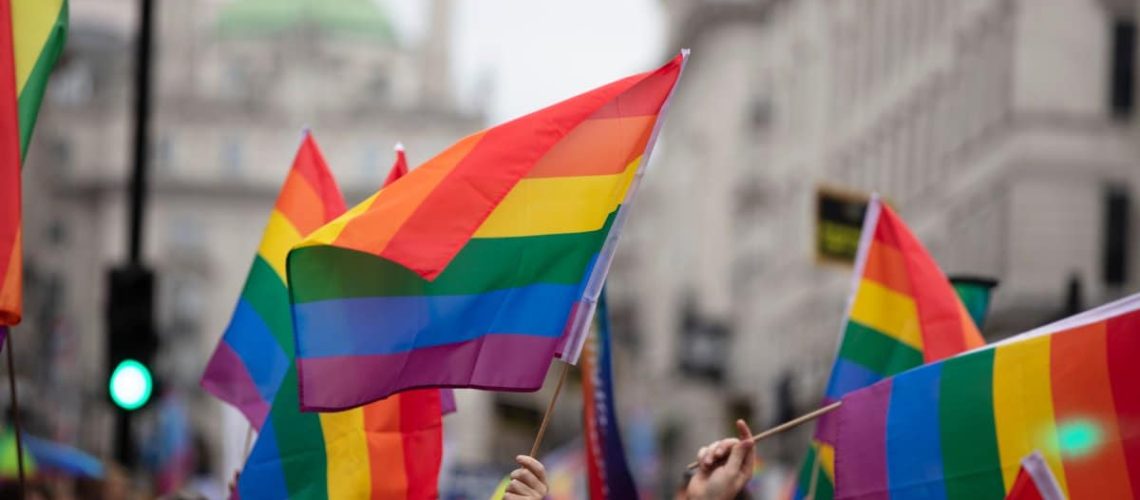A neighborhood in Los Angeles has finally voted to remove signs originally aimed at prohibiting “homosexual activity.” This decision came after decades of protests and efforts by the LGBTQ+ community and advocacy groups.
Anti-LGBTQ+ Signs Come Down
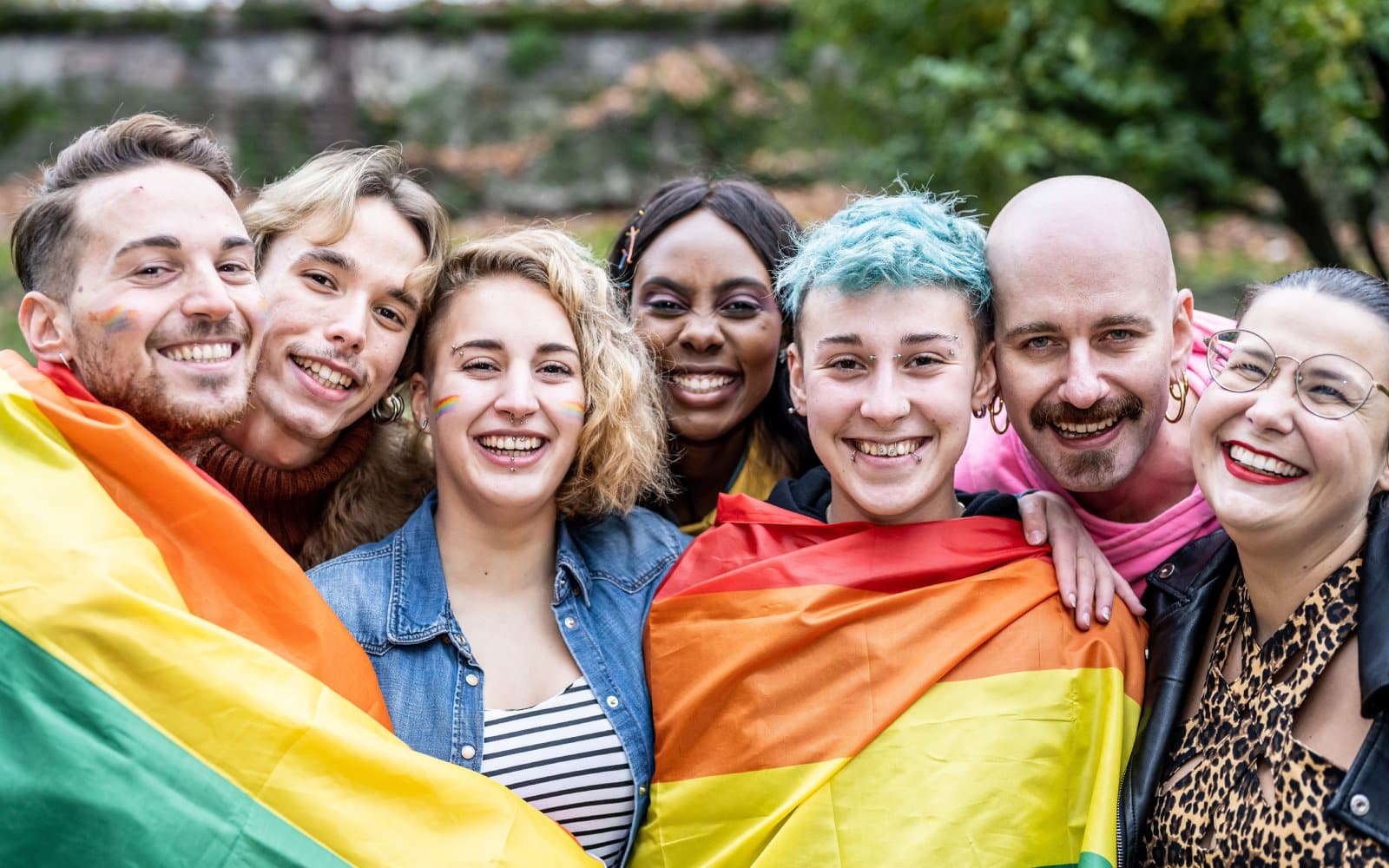
Los Angeles has finally decided to remove signs that have been symbols of anti-homosexual mentality in the Westwood neighborhood. Californians have been debating these signs for nearly three decades.
History of the Signs
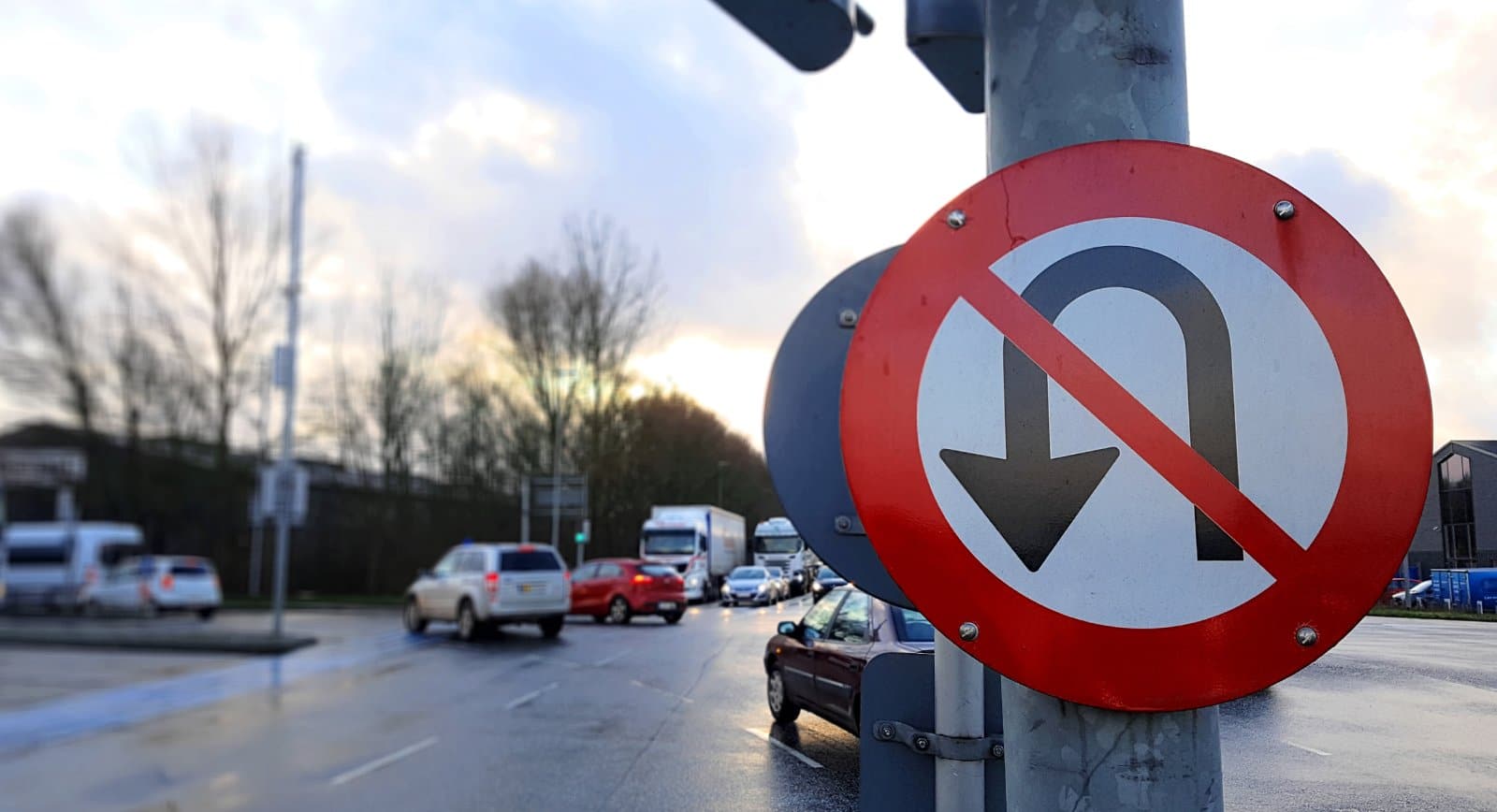
In 1997, the signs were installed by the city council in response to communal complaints about public behavior. Some of them prohibited U-turns from the hours of midnight to 6 a.m., while others said “No Cruising,” which has a double meaning in the queer community.
Theories of Entrapment
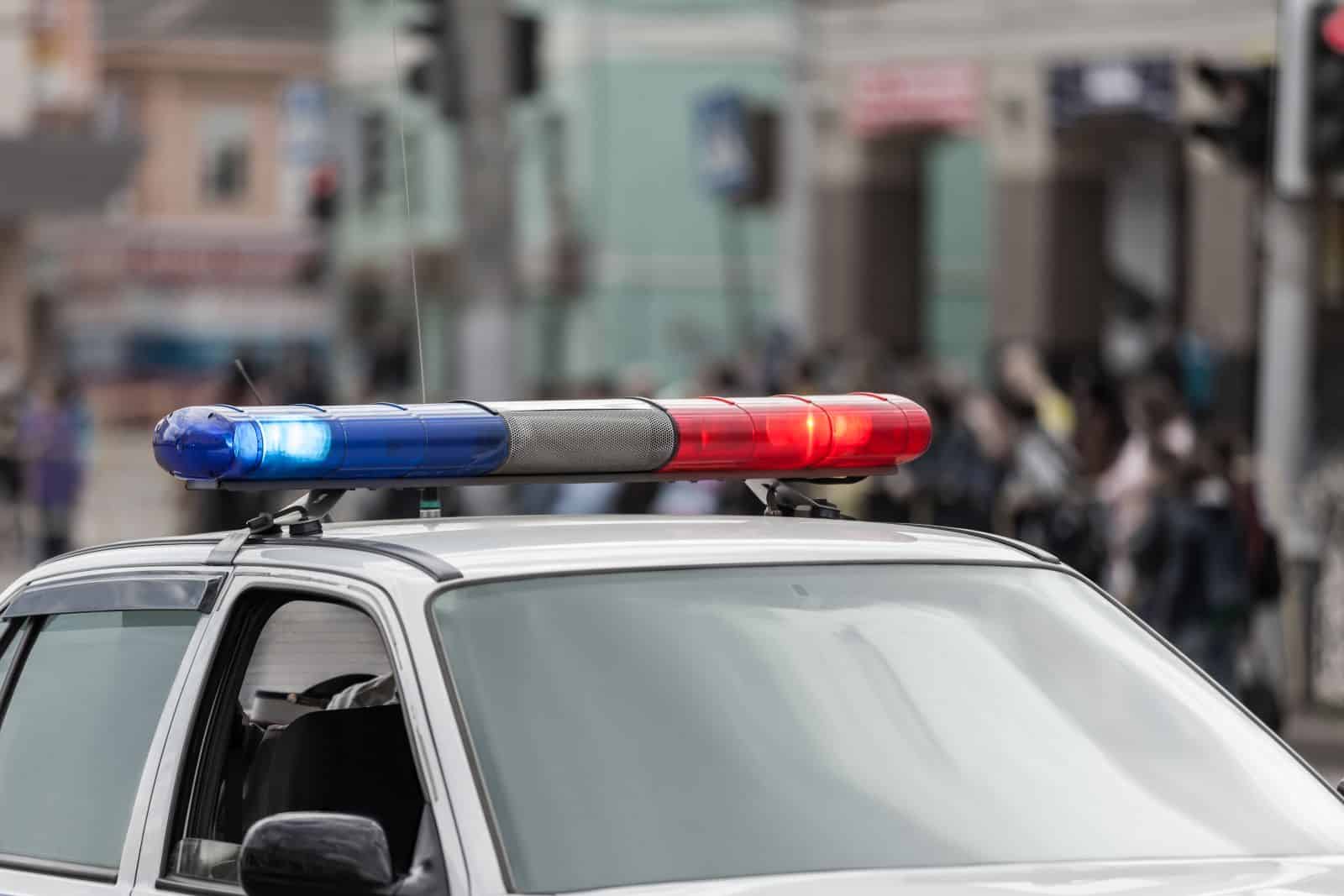
The strange signs were put up in response to complaints about gay men looking for sex partners on the street. Locals believed they were discriminatory and would sometimes lead to undercover officers using them as a means of entrapment for gay men.
Protests Over the Years
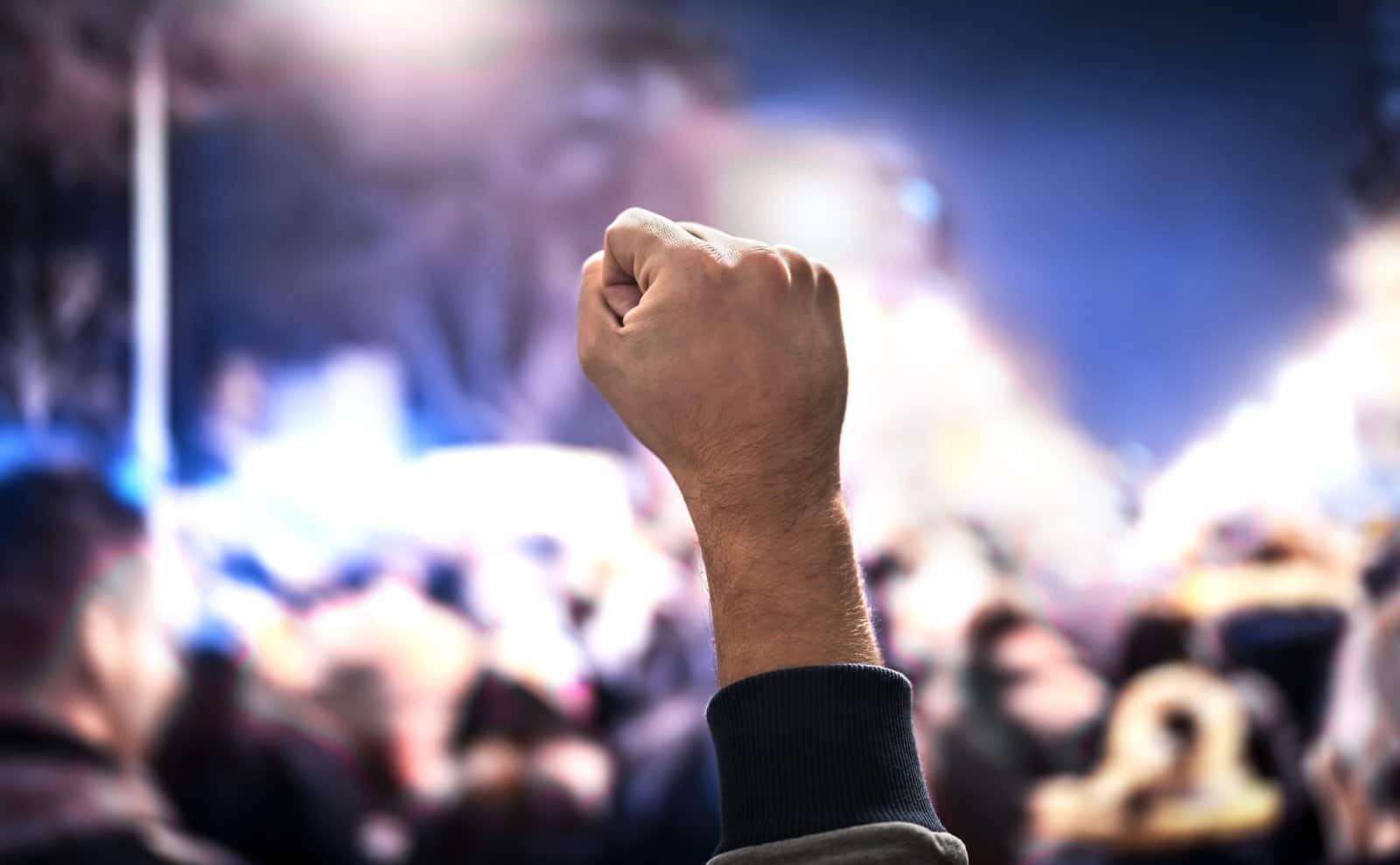
The signs have been met with protests and resistance from LGBTQ+ activists and allies over the years. They’ve argued that it creates a hostile environment for LGBTQ+ individuals.
Legal and Political History
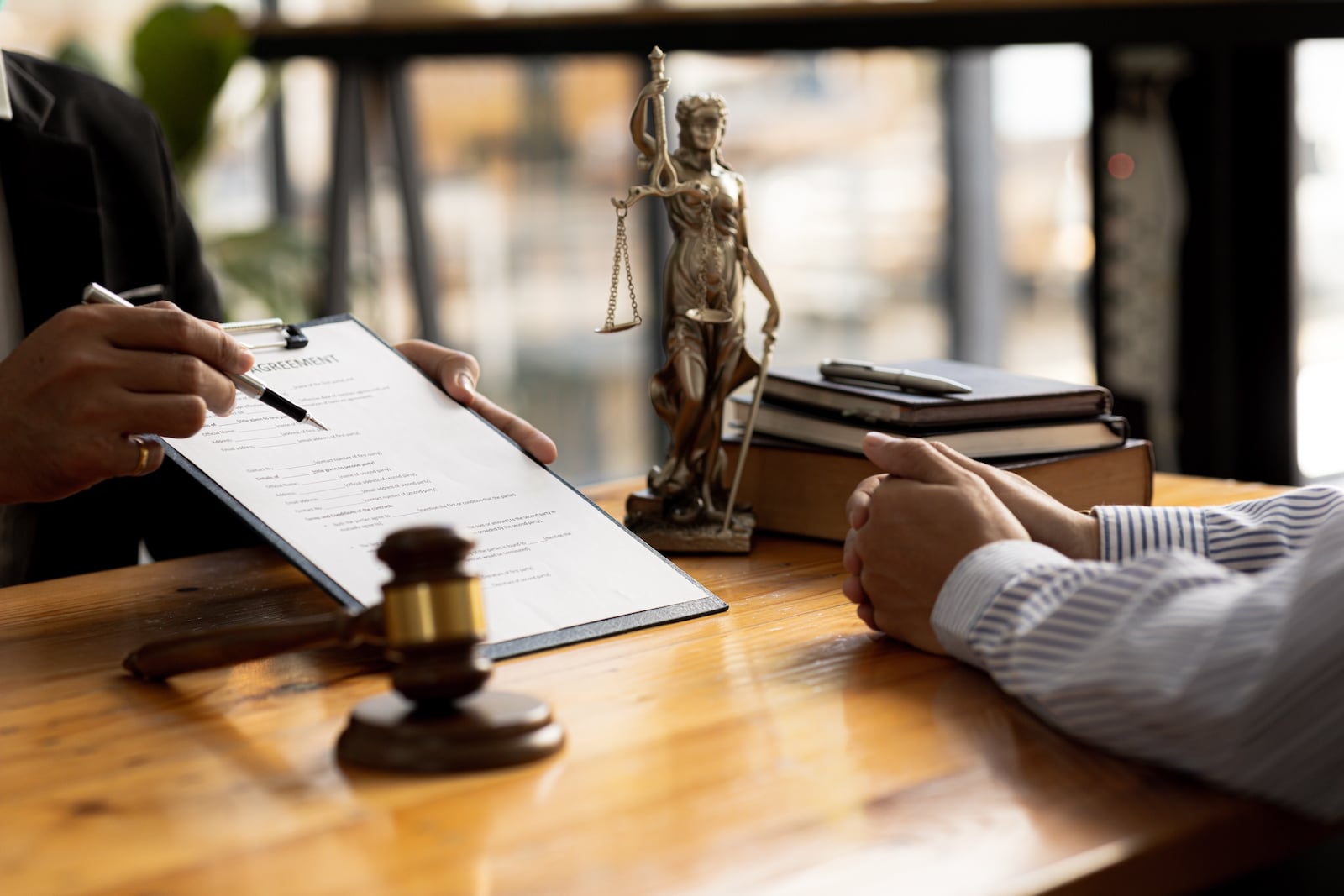
There were many legal challenges brought against the city regarding these signs. However, these efforts were often blocked by different legal and bureaucratic hurdles.
Efforts to Remove the Signs
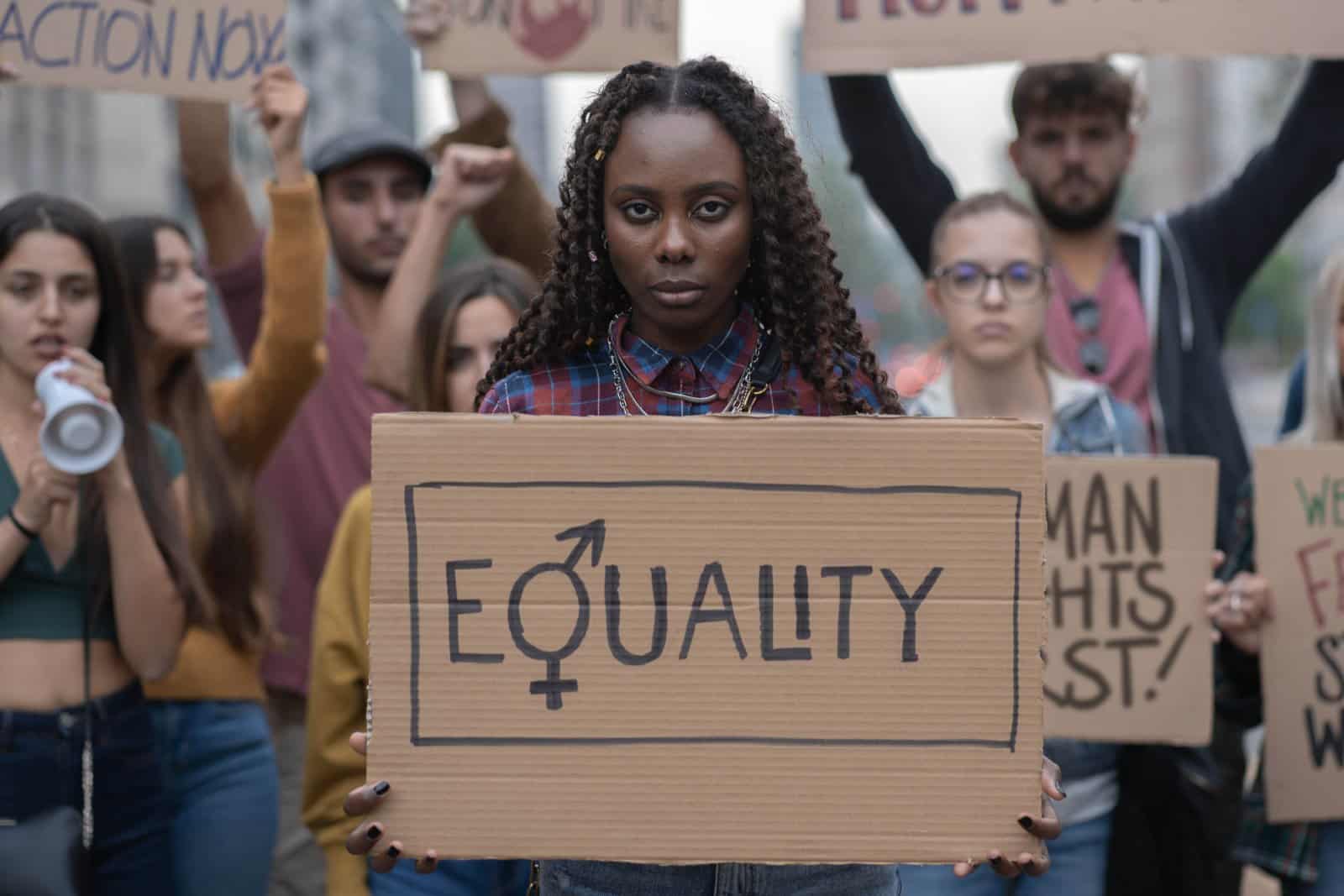
Activists have created petitions, protested, and lobbied for removal of the signs, in addition to seeking out legal campaigns.. Their efforts eventually were enough to convince city officials to take them down.
Impact on the Community

These signs have had a negative impact on the local LGBTQ+ community, creating an environment that makes them feel excluded. Many residents and visitors have reported feeling unwelcome and intentionally targeted by the signs.
“No Cruising”
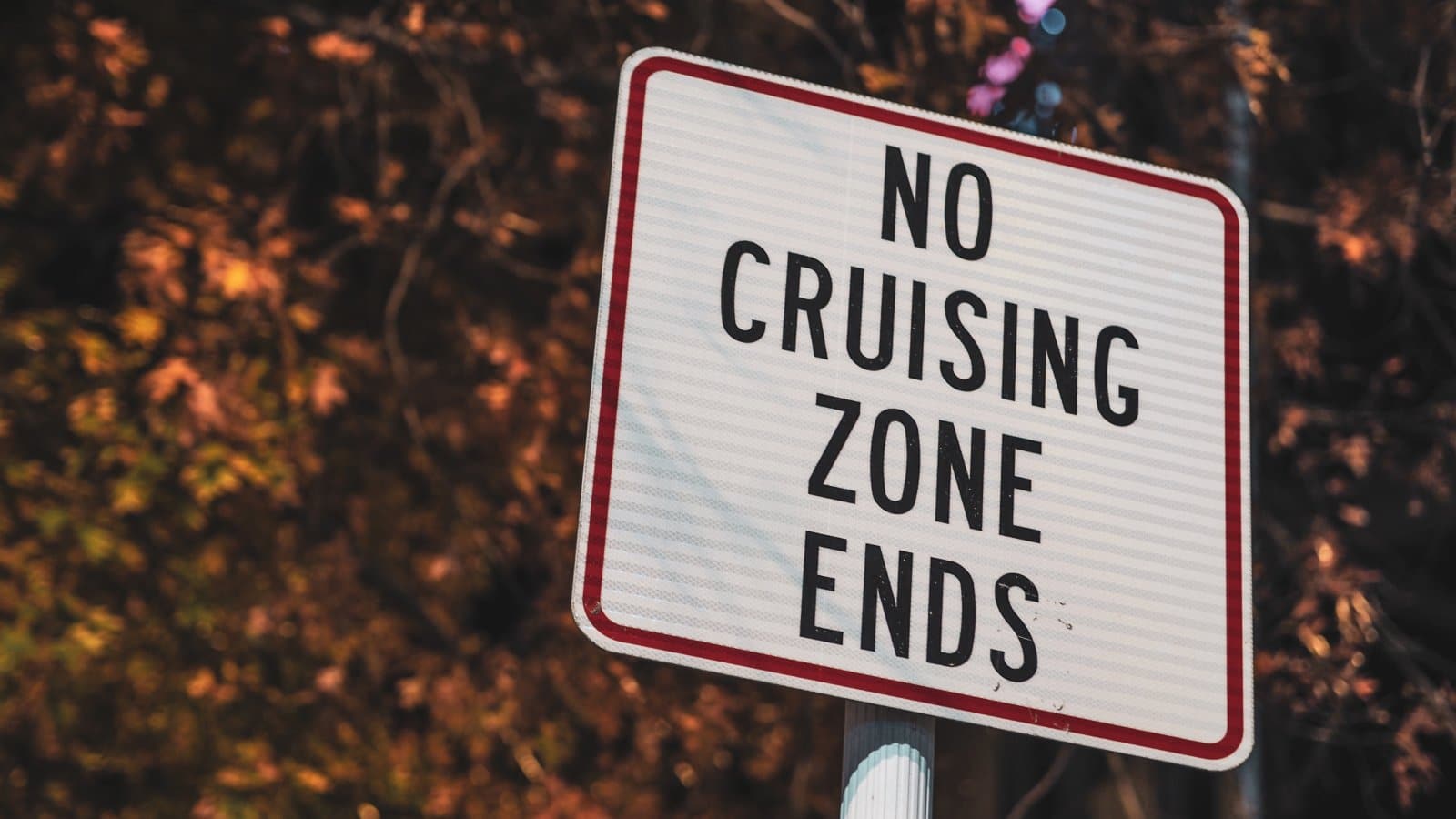
The efforts to remove the signs have paid off in some ways. The “No Cruising” signs were removed in 2011 due to the protests, but the U-Turn signs were still posted until last month, almost 13 years later.
City Council Decision
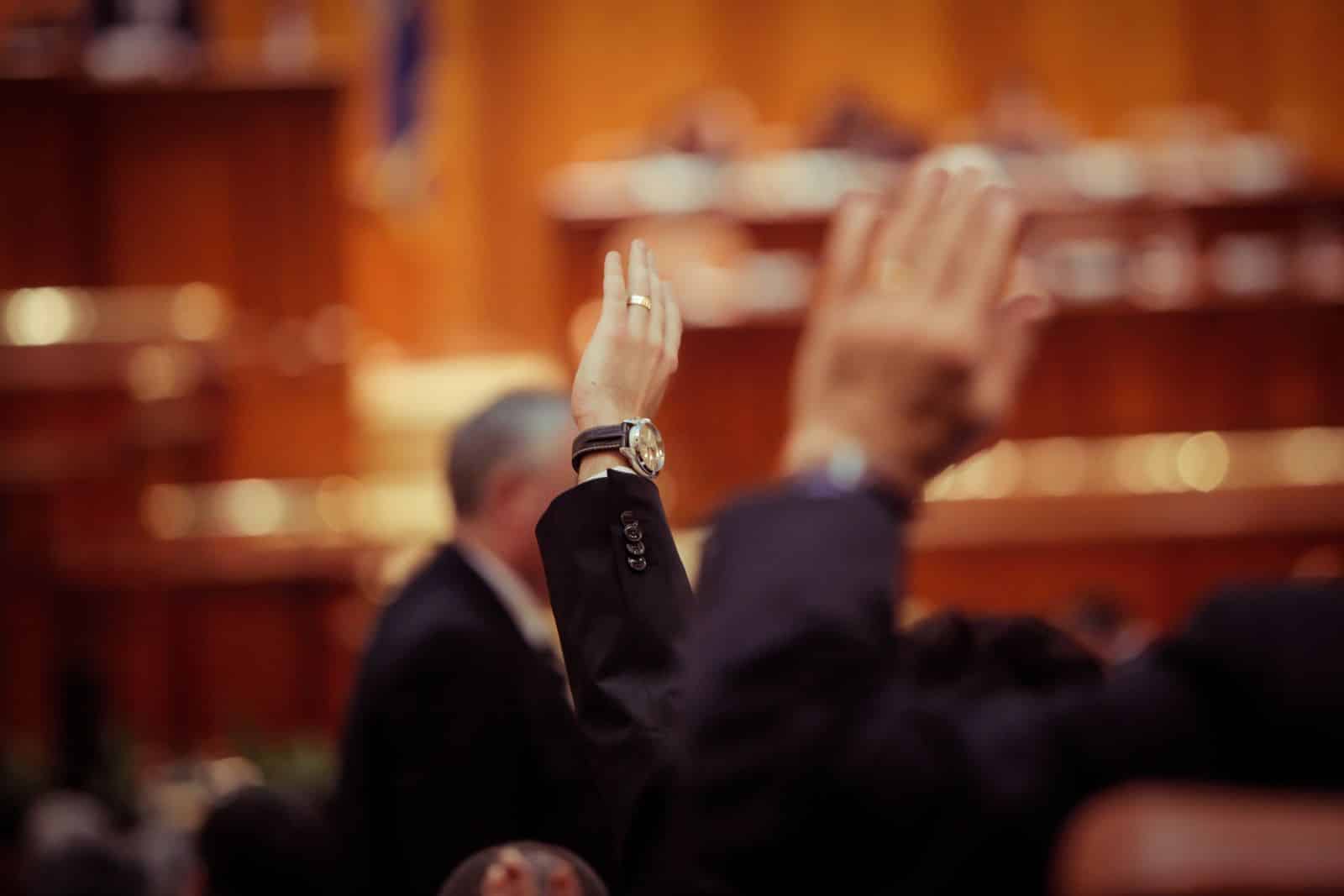
After decades of being pushed, the Lost Angeles City Council finally voted to remove the signs in mid-June 2024. This decision is a huge victory for the LGBTQ+ community and their advocates, especially during Pride Month.
Public Reaction
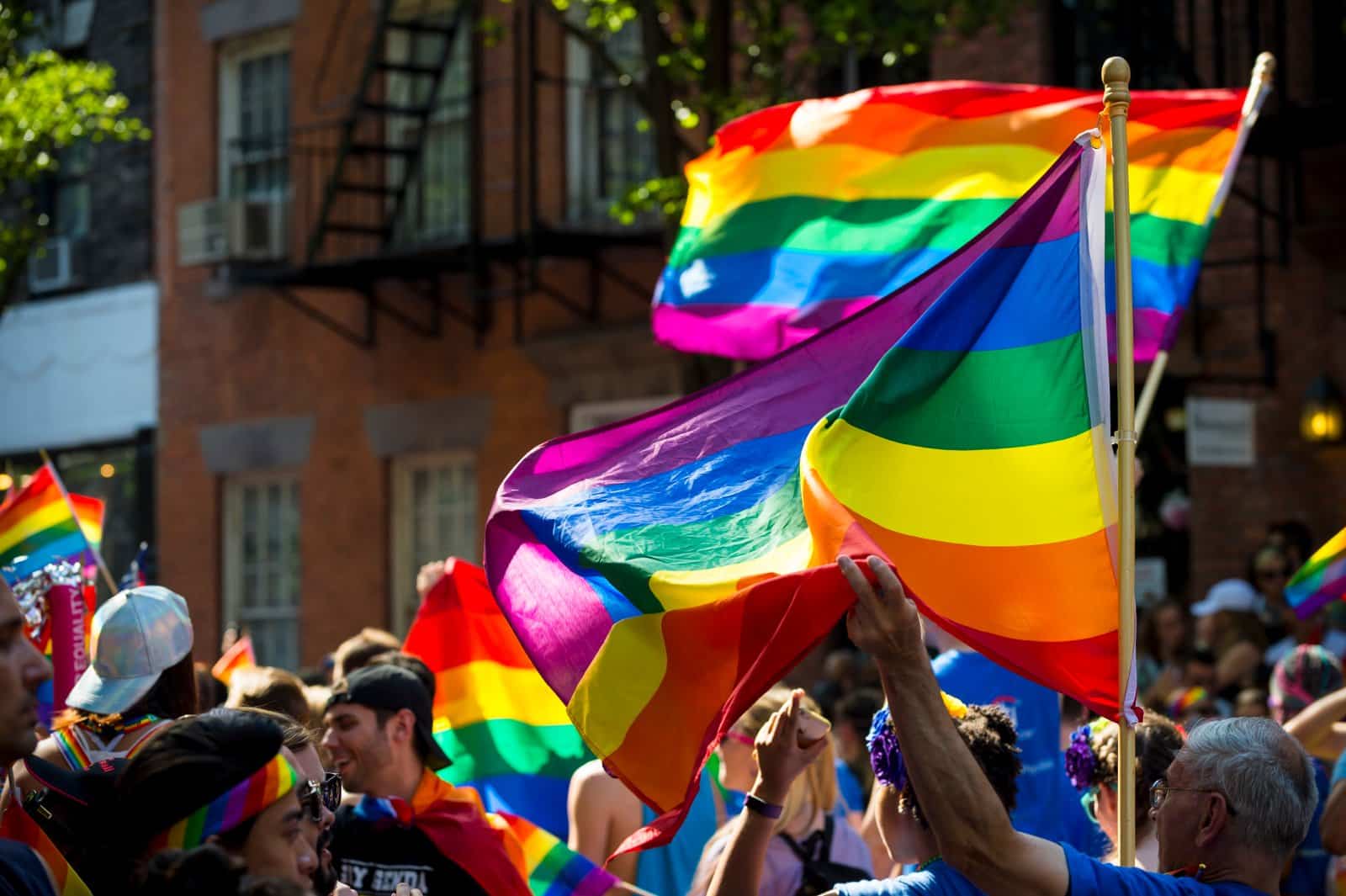
LGBTQ+ organizations and allies have been vocal in their approval of the decision to remove the signs, which has included public celebrations and letters written in support of this decision.
LGBTQ+ Community Response
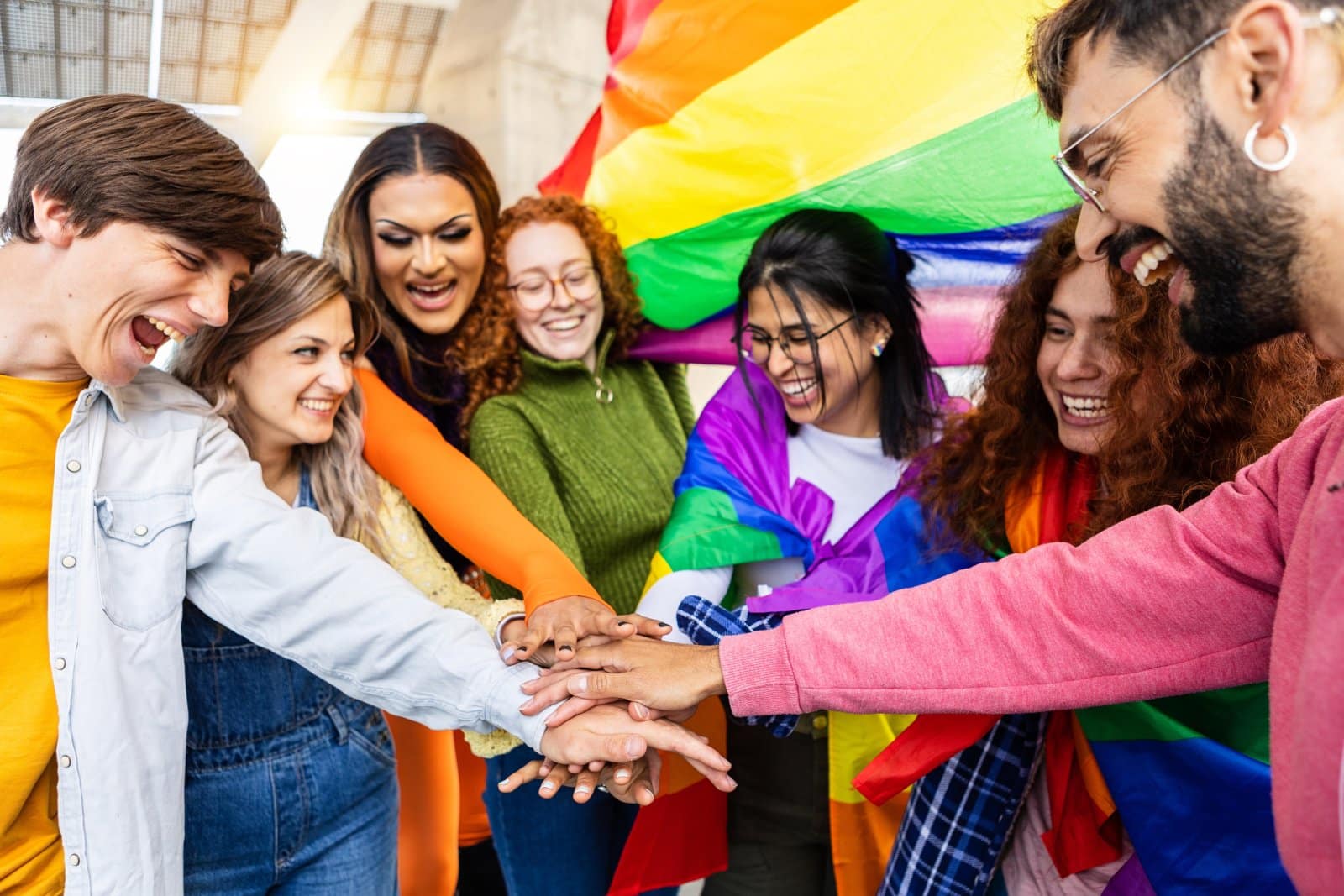
LGBTQ+ community members have also reacted positively to the removal of these signs. They’ve viewed this as pay-off for their efforts and a big step toward a more inclusive environment.
Real-Life Impact
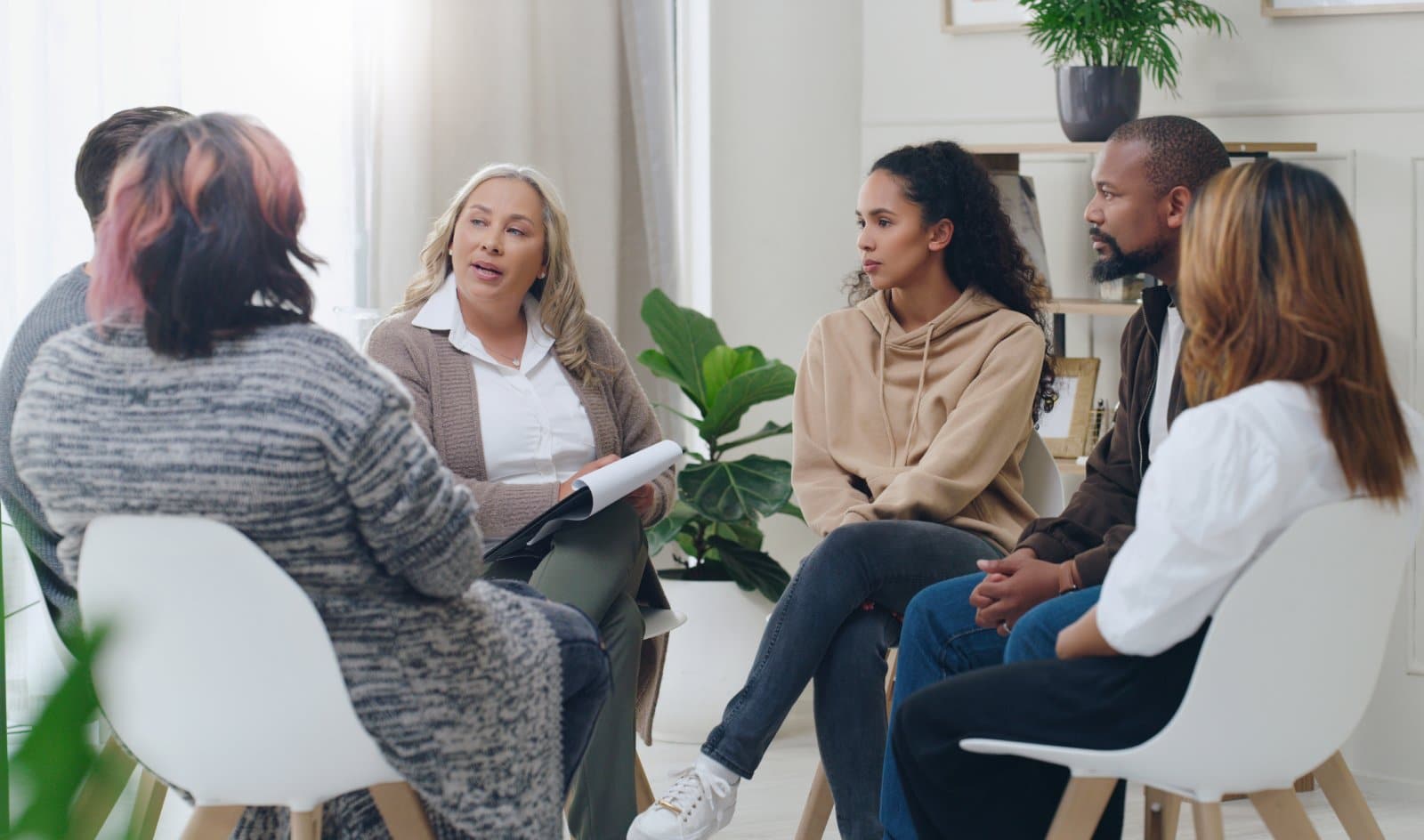
Many individuals shared their personal stories about how the signs affected them, which was an essential part of generating the necessary communal support to guarantee their removal.
Supporting Each Other

Maebe A. Girl, a council member and drag performer, discussed the importance of removing these signs as a sign of support. “It’s just showing the queer community here in Silver Lake, and more broadly in Los Angeles, that we have your back.”
Official Statements
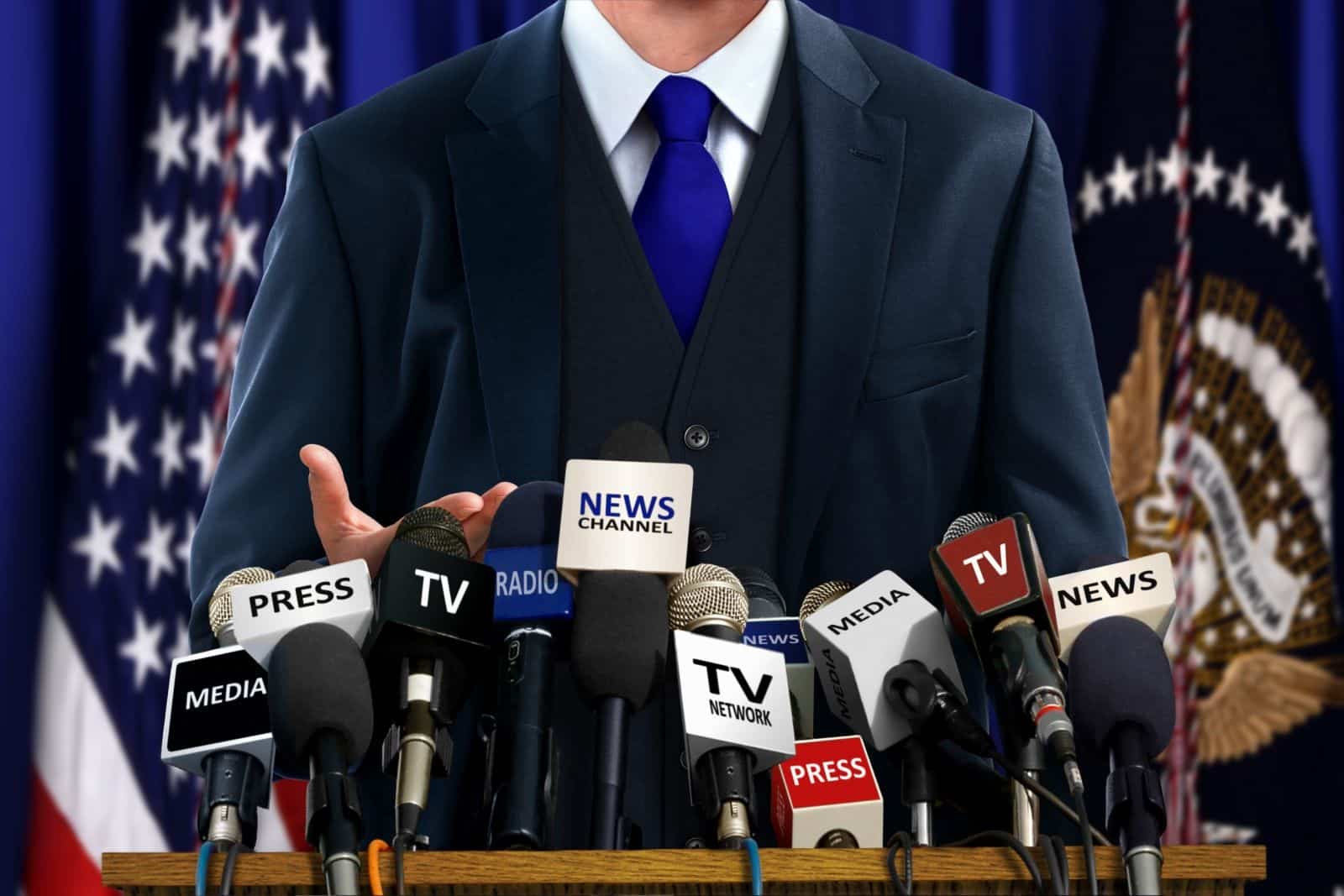
City officials clarified that the removal of the signs is part of a wider effort to promote inclusivity and equality in Los Angeles. They even acknowledged that the signs have been harmful to some residents.
Challenges in Removing the Signs
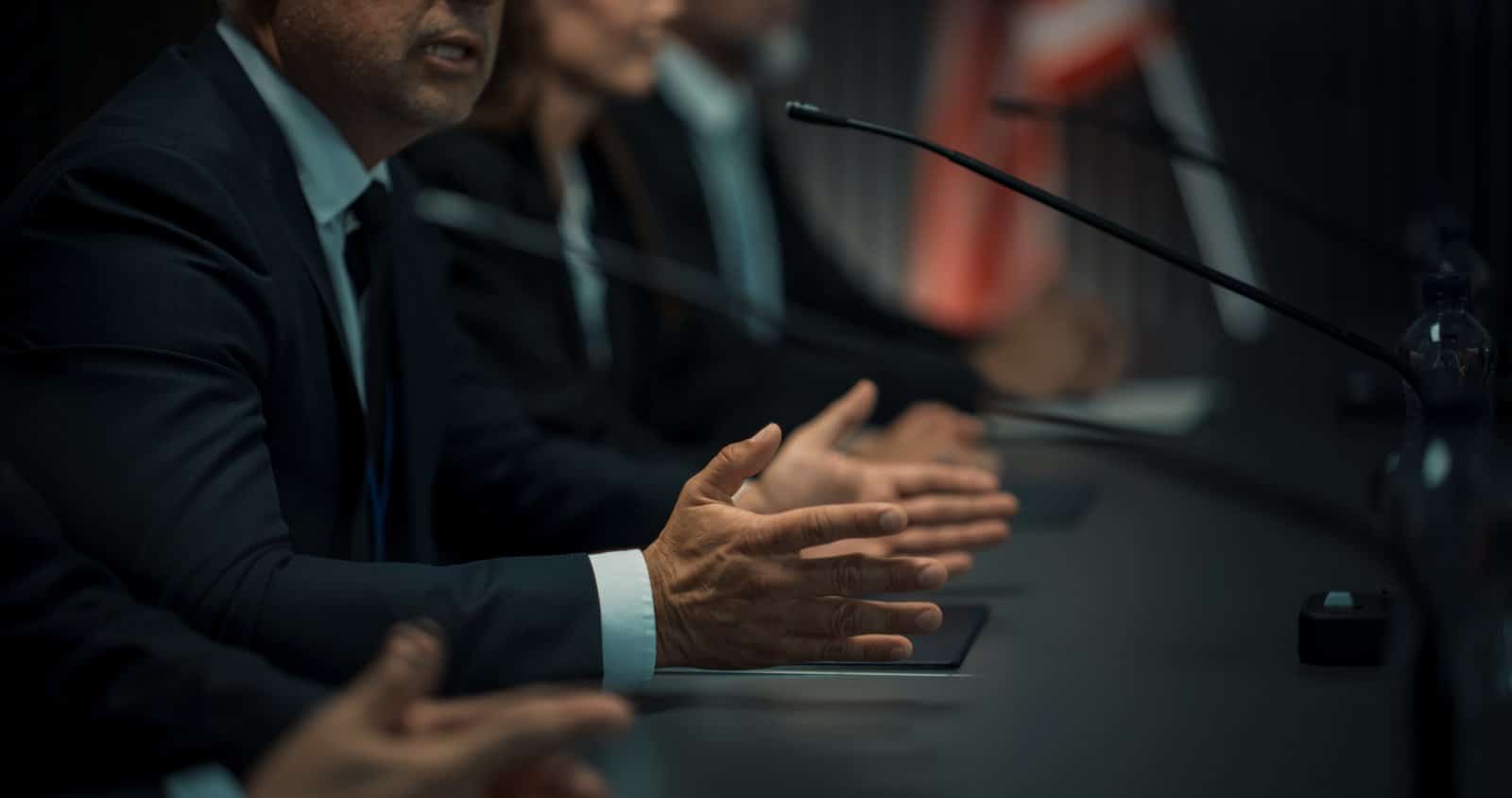
Despite the positive outcome, there were several challenges in the process of removing the signs. Officials needed to coordinate the removal processes and make sure that the decision was properly implemented.
Westwood Improvement
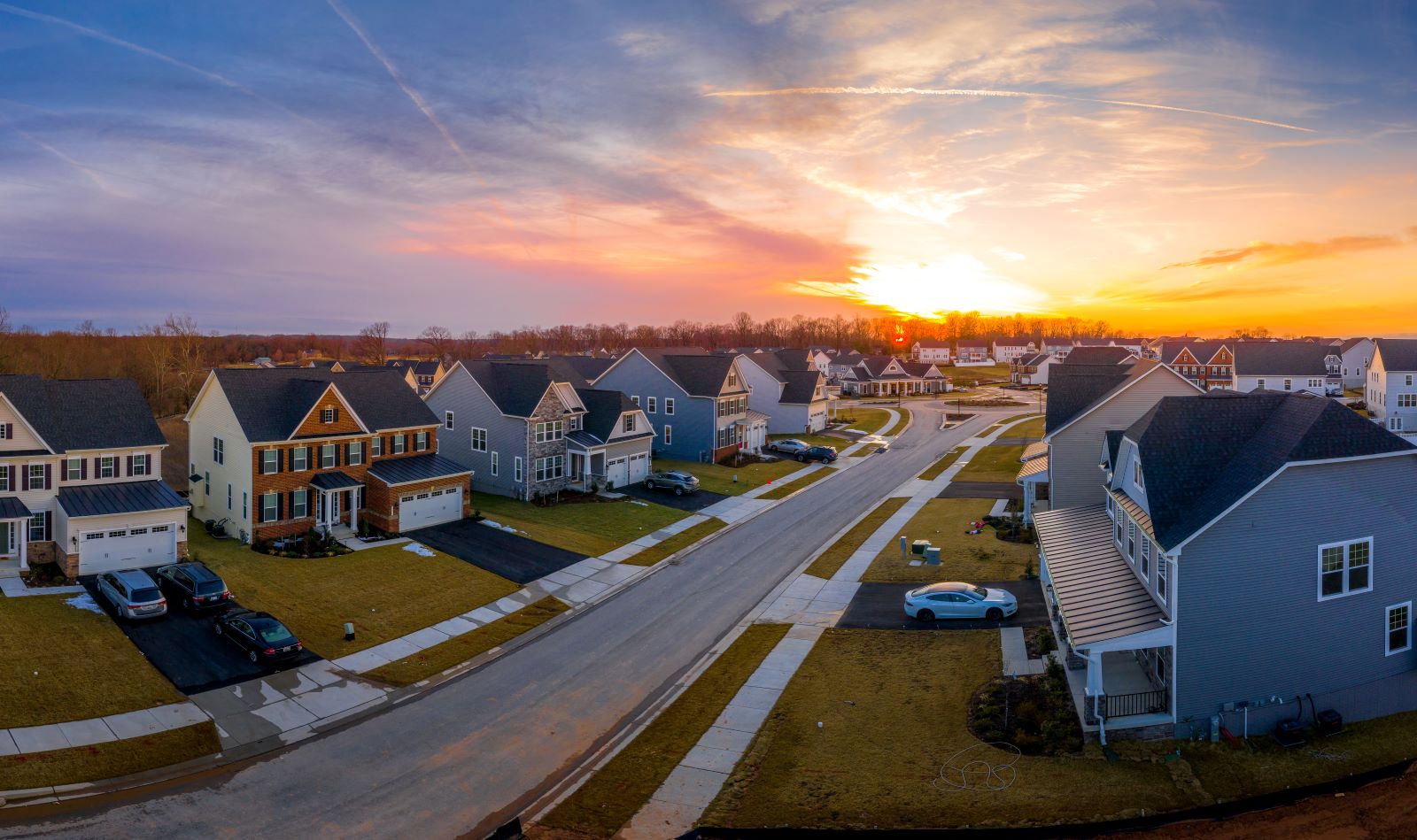
The Westwood neighborhood is hoping to now create a more welcoming and inclusive environment without the signs. Local businesses and residents expect this change to improve the community and make all residents feel more safe.
Acceptance in Los Angeles
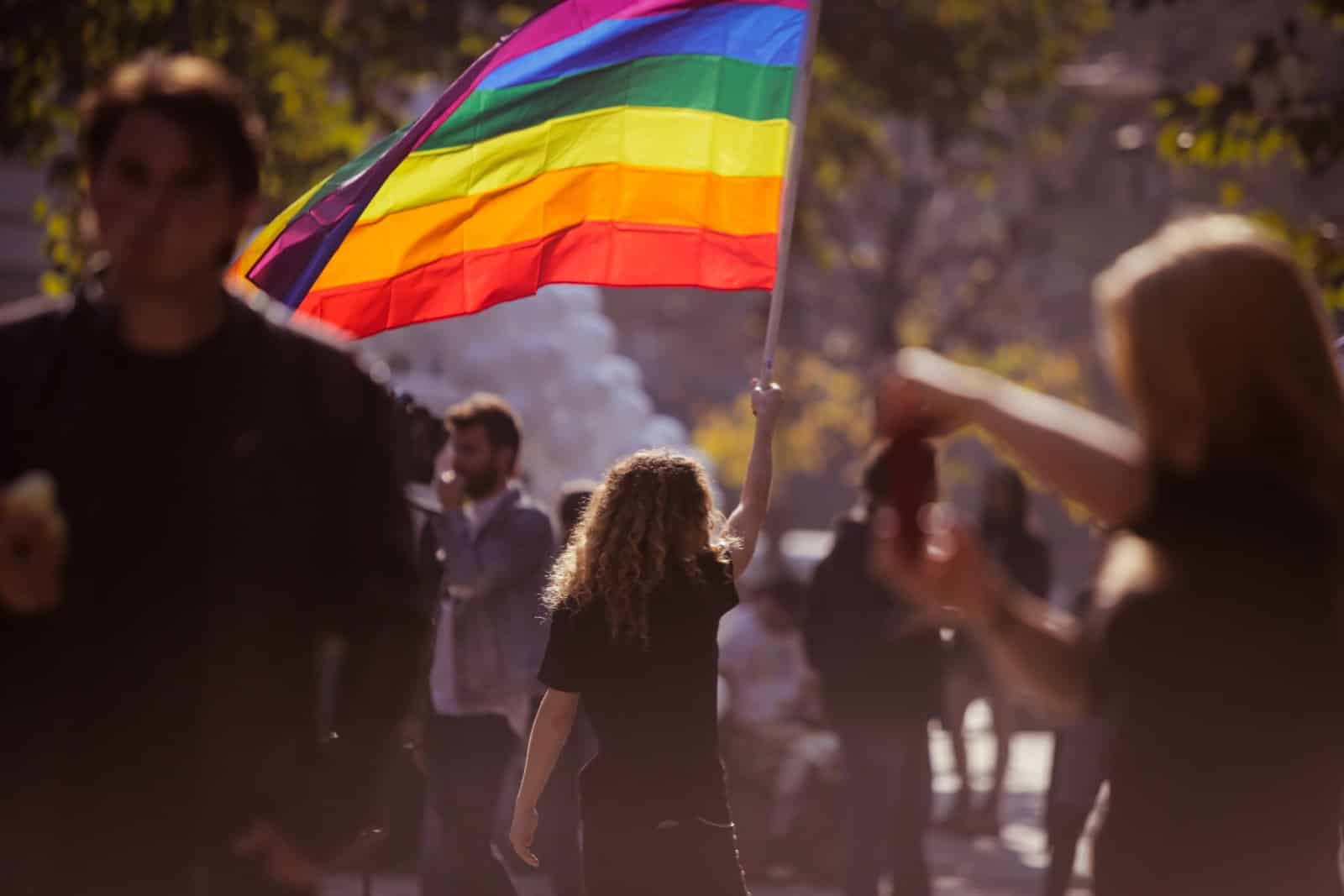
Los Angeles has taken many steps in recent years toward being a more openly inclusive city. It reflects the city’s evolving attitudes towards LGBTQ+ rights and its commitment to diversity.
Media Coverage
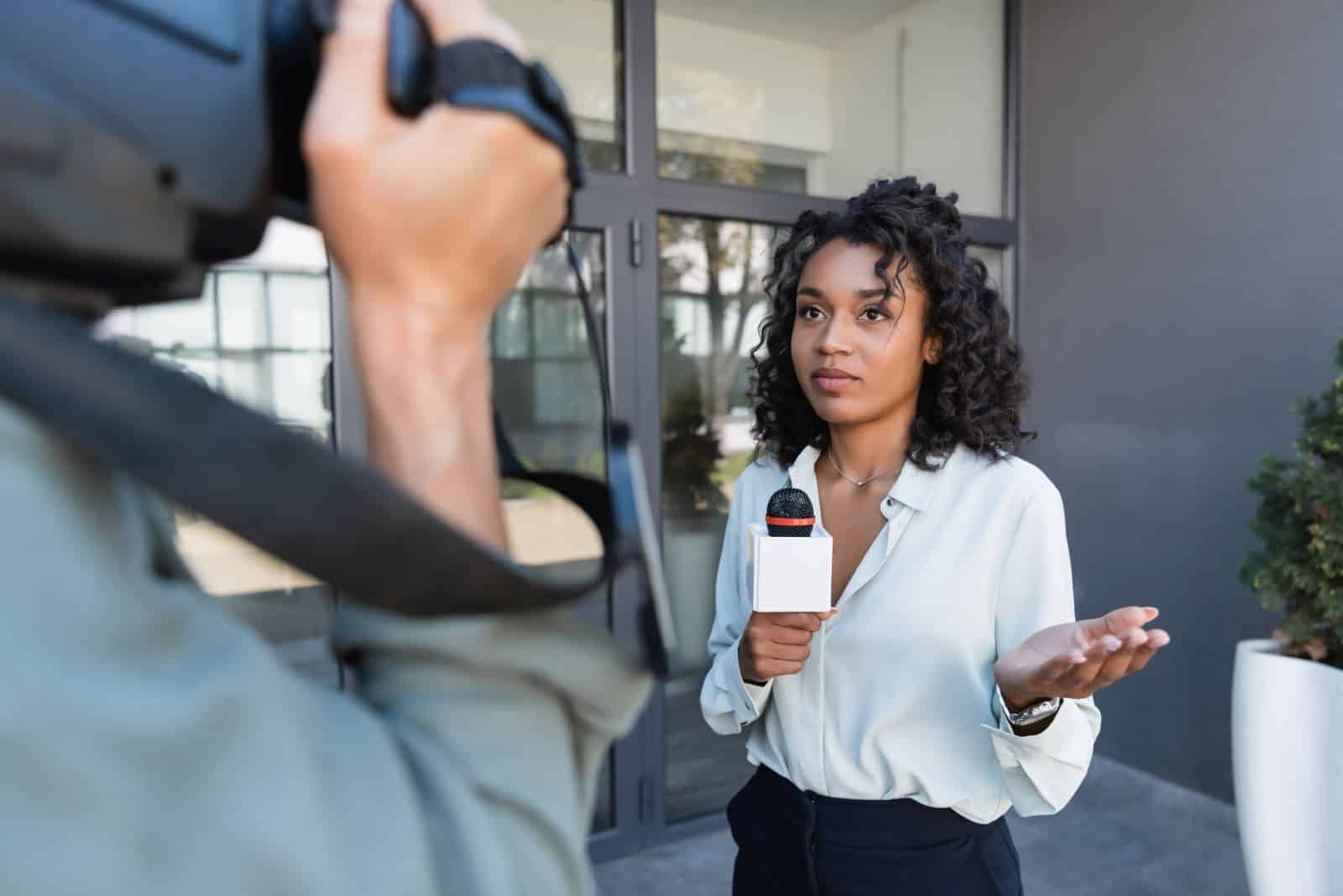
There has been heavy media coverage over the removal of the signs, which demonstrates the effect of decisions like these on society. It also reveals the importance of continuing to advocate for LGBTQ+ rights.
Future Steps for Inclusivity
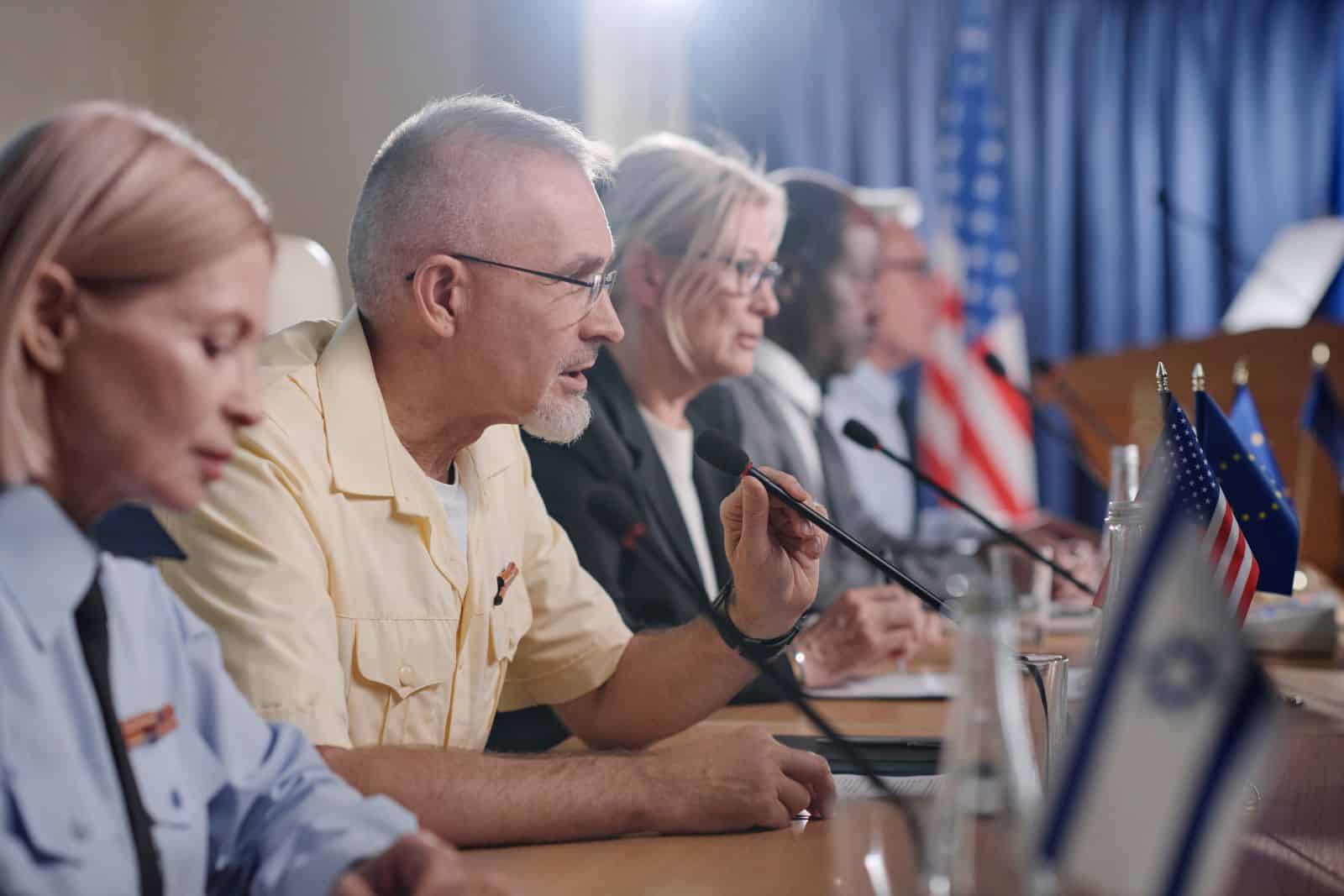
City officials and advocacy groups are now focused on making sure that future policies and practices across Los Angeles reflect the state’s values of inclusivity and equality.
The Fight for Equality
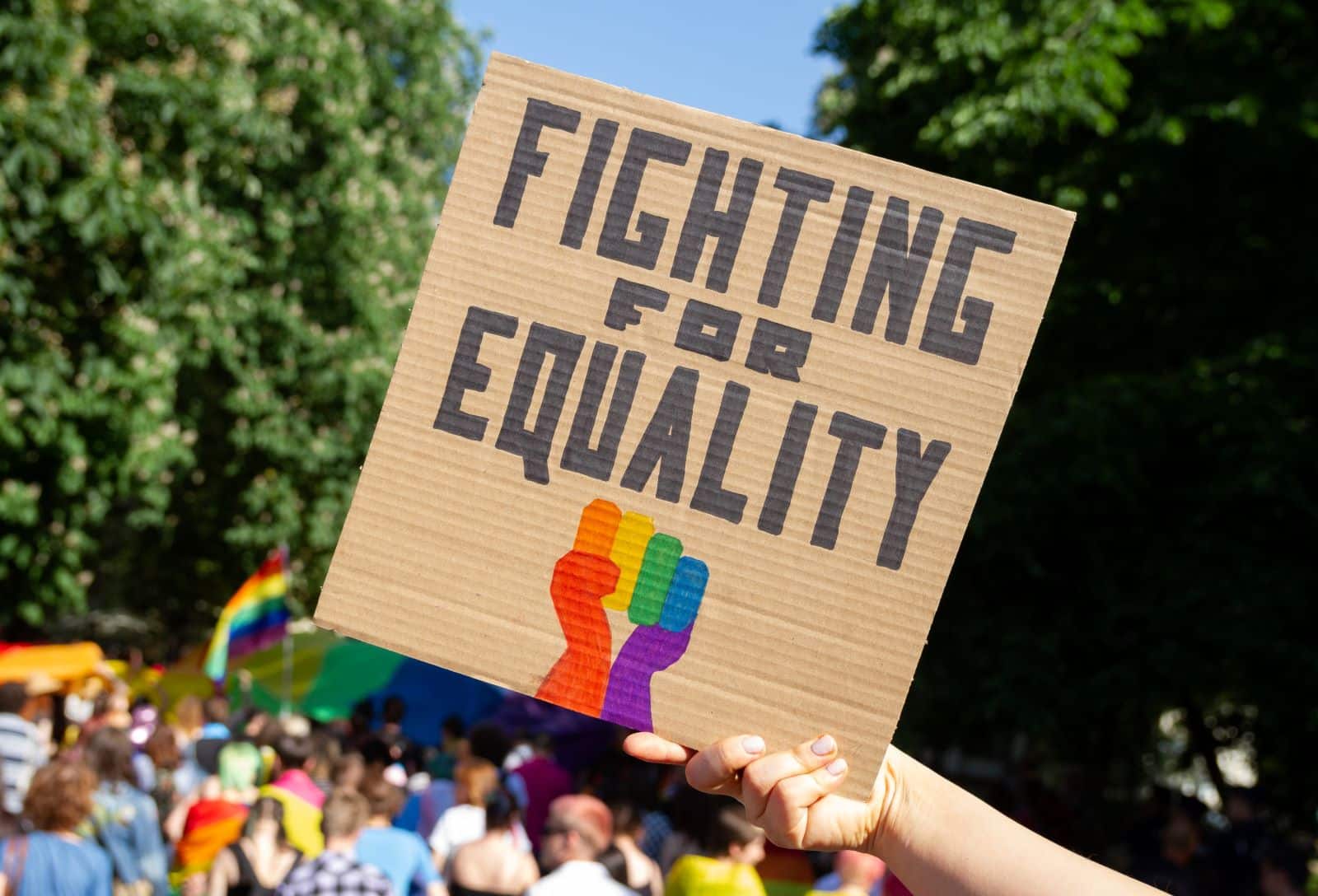
The removal of the controversial signs in Los Angeles is a big deal for LGBTQ+ rights and a large step towards creating a more inclusive community. It shows that the fight for equality is nowhere near over.
21 Beliefs About the Bible That Are Actually False

The Bible is one of the most discussed and debated books in history, yet many common beliefs about it are more myth than fact. How many of these misconceptions have you heard before? 21 Beliefs About the Bible That Are Actually False
21 Subtle Racisms That Are Commonplace in America

Racism in America isn’t always overt; it often hides in plain sight through subtle actions and attitudes. How many of these subtle racisms have you noticed around you? 21 Subtle Racisms That Are Commonplace in America
Only Legal in America: 21 Things You CAN’T Do in the Rest of the World
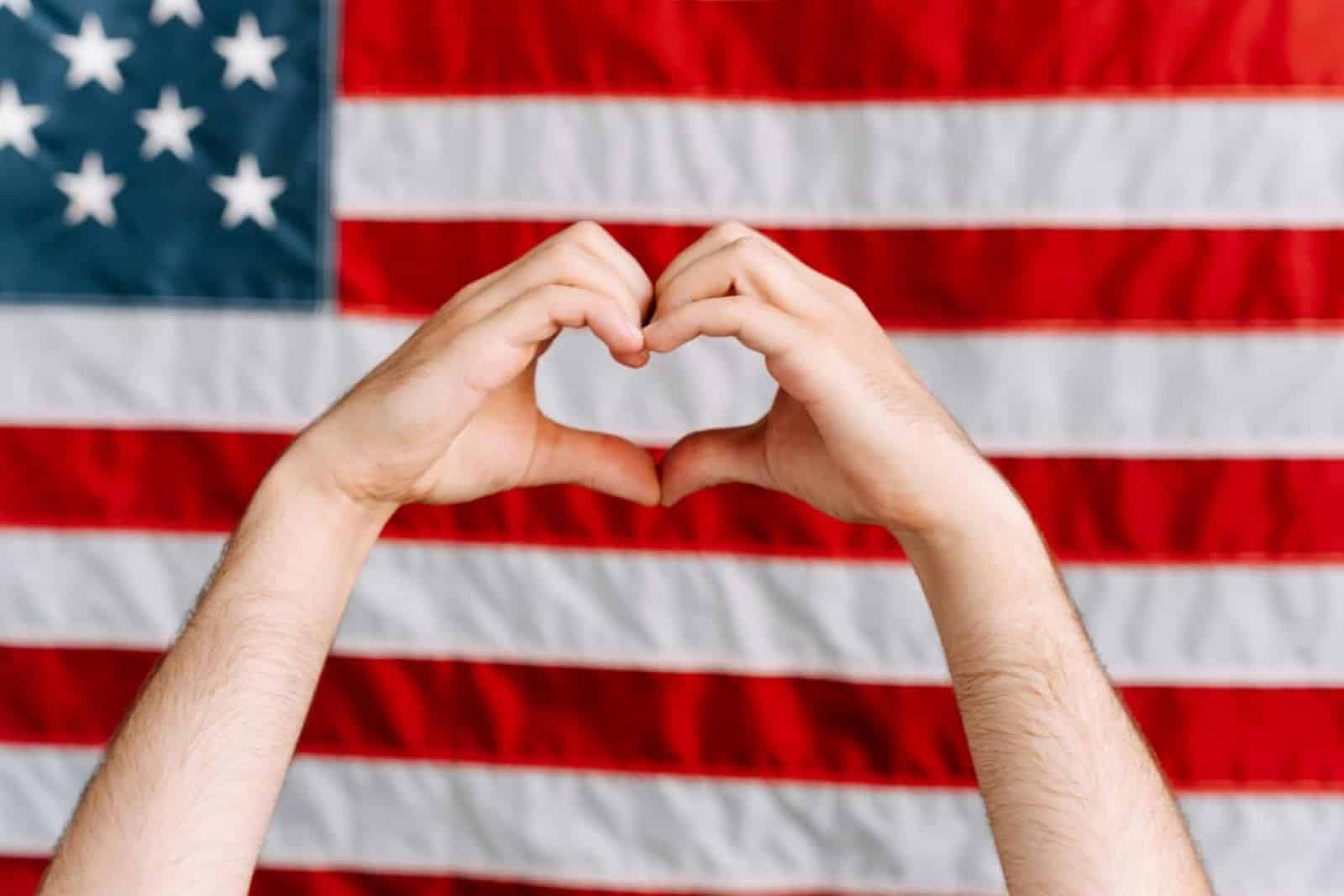
The U.S. dances to its own beat, especially when it comes to laws that make the rest of the world do a double-take. Here’s a lineup of things that scream “Only in America,” sticking strictly to what’s written in the law books. Ready for a tour through the American legal landscape that’ll leave you wondering if freedom might just be a bit too free? Only Legal in America: 21 Things You CAN’T Do in the Rest of the World
Featured Image Credit: Shutterstock / Ink Drop.

